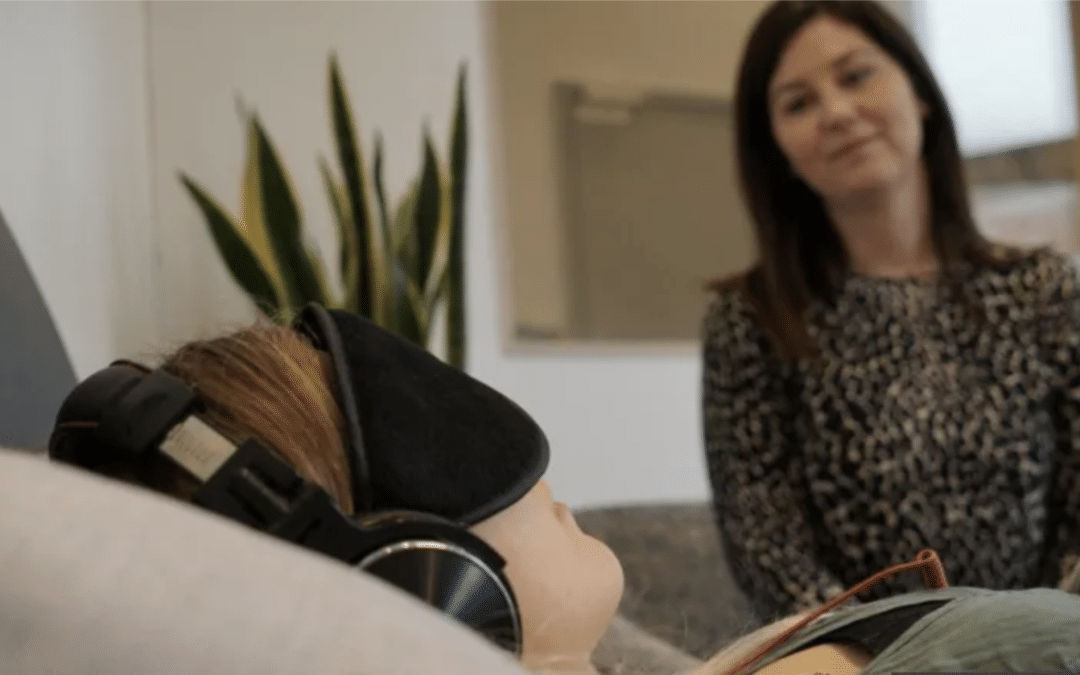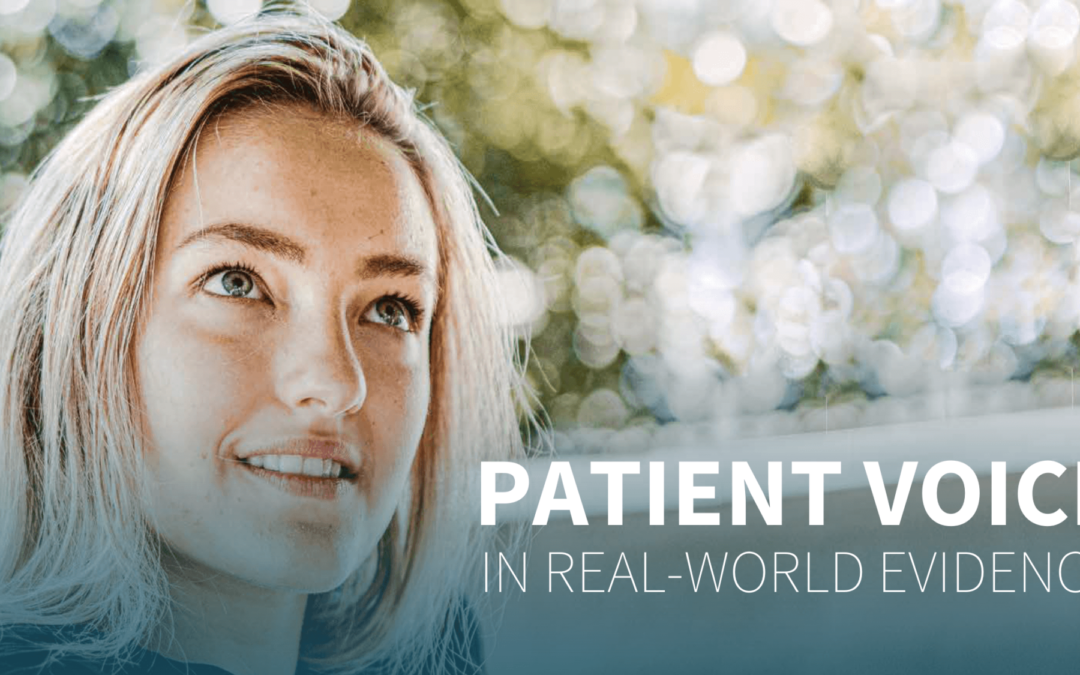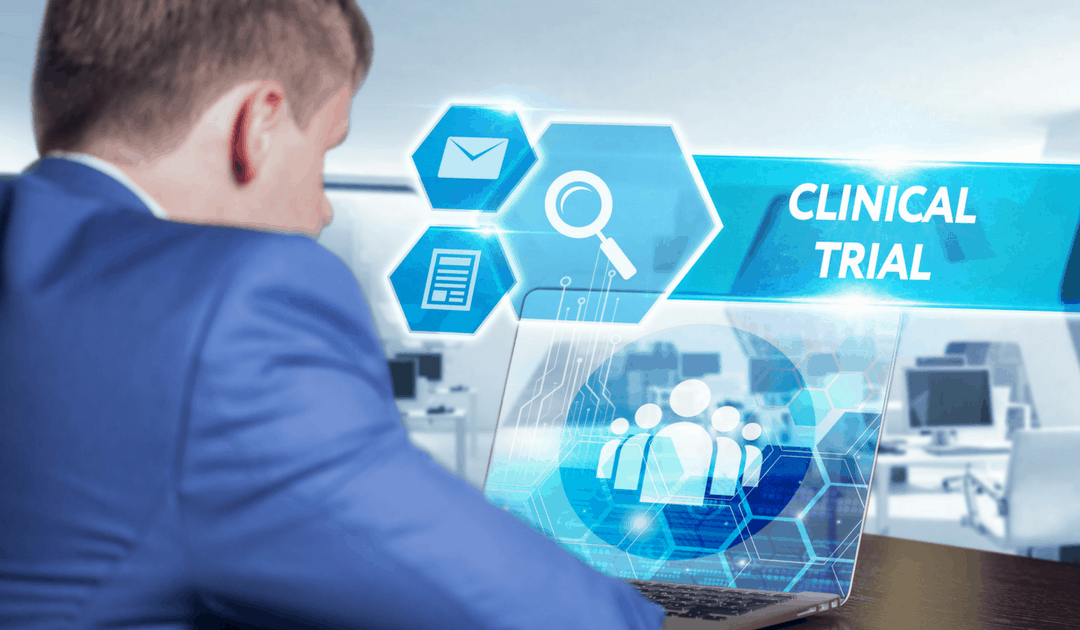
Monsenso has signed an agreement with Awakn Life Sciences, a global biotech company
Monsenso has signed an agreement with, a global biotech company, to support the company’s medical psychedelic treatments. Awakn Life Sciences is a global biotech company that leads the field of psychedelic medicine for the treatment of addiction. In October 2021 commenced the implementation of the Monsenso Digital Health Solution in Awakn Life Sciences clinical practice as a tool for supporting patients throughout their treatment while capturing real-world patient insights to inform clinical decision-making and personalised treatment.
Mental illness and addiction are some of the biggest public health challenges facing the global community.
Nearly one billion people worldwide suffer from mental illness, for which there are too few effective treatments available beyond coping strategies and treating symptoms. With global spending on mental health estimated to reach $16 trillion by 2030 (as measured by lost economic output)[1], it is critical that effective new treatments are developed to address the current gaps. Psychedelic-assisted therapy has emerged as a potential solution to this treatment vacuum. In the early 20th century, these substances were severely restricted and had a negative connotation. Today, however, a growing body of evidence and urgent unmet patient needs have led clinicians and regulators to consider them as a viable treatment option.
Psychedelic-Assisted Psychotherapy represents a paradigm shift in psychiatric treatment
Psychedelic drugs are substances that alter perception and mood and affect various cognitive processes. When used in conjunction with psychotherapy, they can put patients in a temporary state where they can better process memories, emotions, and past traumas[2], allowing for processing that enables subjects to let go of things that have previously troubled them[3]. For the same reason, psychedelic-assisted psychotherapy has shown effective in treating historically difficult-to-treat illnesses[4] and is today considered a promising game-changer in psychiatric treatment[5,6,7].
While psychedelics have spurred great interest in the life science industry, only a few psychedelic companies are currently treating patients in the clinical setting. Awakn Life Sciences launched the UK’s first psychedelic-assisted clinic in Bristol, followed by London and Manchester, offering evidence-based psychedelic therapies for addiction and other mental health indications, and has also opened a clinic in Oslo, Norway with plans to scale across Europe quickly.
In October 2021, Awakn Life Science commenced implementation of the Monsenso Digital Health Solution in its clinical practice to support patients throughout their treatment journey and to capture real-world data to inform clinicians’ decision making for personalised patient support and management.
“We are excited to work with Awakn Life Science to support new treatment options for people who have experienced insufficient treatment results. We look forward to partnering with Awakn Life Sciences and be part of their growth journey” says CEO of Monsenso, Thomas Lethenborg.
Awakn’s CEO, Anthony Tennyson added “There’s such a critical need to provide solutions and hope to people suffering from mental illnesses and addiction. We’re excited to partner with Monsenso to better engage with clients throughout their treatment, gain insights to help inform clinical decisions and improve health outcomes, and generate insights that inform our research and treatment development programs”.
About Awakn Life Sciences
Awakn Life Sciences is a publicly-traded (NEO: AWKN) (OTCQB: AWKNF) biotechnology company with clinical operations; researching, developing, and delivering psychedelic medicine to better treat Addiction. Awakn’s team consists of worldleading chemists, scientists, psychiatrists, and psychologists who are developing and advancing the next generation of psychedelic drugs, therapies and enabling technologies to treat Addiction.
About Monsenso
Monsenso is an innovative technology company offering a digital health solution used for decentralised trials, remote patient monitoring and treatment support. Our mission is to contribute to improved health for more people at lower costs by supporting treatment digitally and leveraging patient-reported outcomes data. Our solution helps optimise the treatment and gives a detailed overview of an individual’s health through the collection of outcome, adherence, and behavioural data. It connects individuals, carers, and health care providers to enable personalised treatment, remote care, and early intervention. We collaborate with health and social care, pharmaceuticals, and leading researcher worldwide in our endeavours to deliver solutions that fit into the life of patients and health care professionals. To learn more visit www.monsenso.com.
For additional information contact:
Bettina van Wylich-Muxoll
Chief Marketing Officer
marketing@monsenso.com
Monsenso
Sources:
[1] https://www.weforum.org/agenda/2020/10/mental-health-day-covid19-coronavirus-global/
[2] https://www.health.harvard.edu/blog/back-to-the-future-psychedelic-drugs-in-psychiatry-202106222508
[3] Jennifer Mitchell, neuroscientist and professor in the departments of neurology, psychiatry and behavioral sciences at the University of California San Francisco.
[4] Psychedelic-Assisted Psychotherapy: A Paradigm Shift in Psychiatric Research and Development
[5] https://www.health.harvard.edu/blog/back-to-the-future-psychedelic-drugs-in-psychiatry-202106222508
[6] https://www.scientificamerican.com/article/a-renaissance-for-psychedelics-could-fill-a-long-standing-treatment-gap-forpsychiatric-disorders/
[7] Psychedelic-Assisted Psychotherapy: A Paradigm Shift in Psychiatric Research and Development



